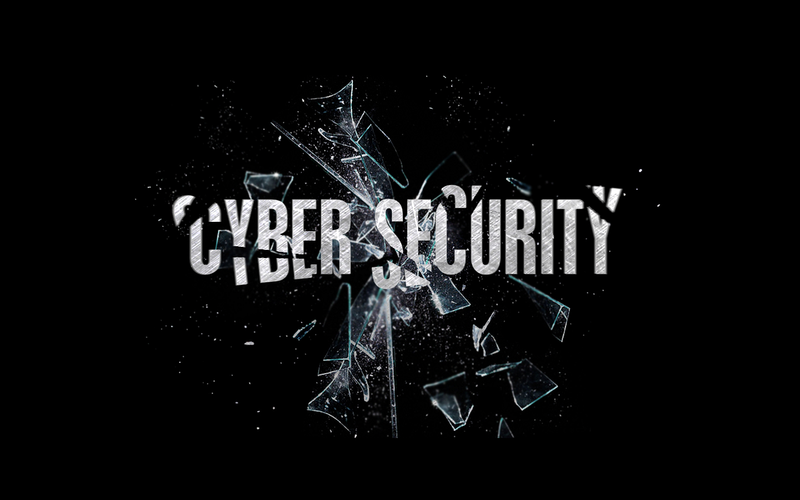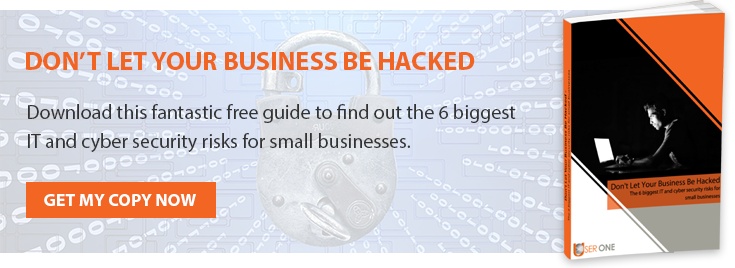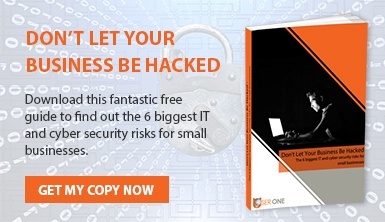
Ransomware is a type of malware or malicious software. It is one of many cyber security threats businesses need to be aware of today.
Ransomware is much more complex than typical malware. It presents itself in one of two ways: crypto ransomware or locker ransomware. Crypto ransomware only encrypts specific, usually important, files on a computer. Locker ransomware will encrypt the entire hard drive.
Both types of ransomware infect computers, access personal information and essentially holds the data hostage. The ransomware then gives users an ultimatum: pay a fee or lose your personal data.
5 Tips To Keep Your PC Free From Ransomware
There are a number of different things that you can do to reduce your chances of being a victim of a ransomware attack. This includes the following:
1. Update Your Software
Make certain that all software and systems are up to date with relevant patches to help secure your system against threats. Ransomware hosted on websites that are compromised are often utilised to spread malware, detecting and exploiting weaknesses in your computer’s system.
2. Filter Content
Do employ content filtering and scanning on your mail servers. All inbound emails need to be scanned for threats and any attachments that could pose a threat should be blocked. It’s not a good idea to open an email from someone who you don’t know.
3. Install Antivirus Software
Use reputable antivirus software and a firewall. Keeping your security software up to date and maintaining a powerful firewall are essential. Make sure you choose a reputable antivirus software that allows you a trial period and provides instant customer support.
4. Don’t Give Out Personal Information
When answering an instant message, text message, unsolicited phone call, or email, you should never provide any personal information.
5. Backup Your Files
Store important files on a separate hard-drive – you won’t have to pay any ransom if your computer gets infected with ransomware that locks your personal data and charges you to gain access back.
What To Do If You Have Been A Victim Of Ransomware
If you are unlucky enough to be a victim of ransomware, here are a few things you should do:
- Disconnect any external drives from your machine and isolate it from the network
- Take a photo of the ransom note generated by the ransomware.
- Find out what type of encrypting ransomware you are dealing with.
- Clean the ransomware from the machine with anti-malware or antivirus software.
- Check for any available decryption tools or restore data from backup
Finally, should you pay the ransom? Most experts advise against it. If you do, it only encourages more ransomware attacks and there is no guarantee you will even get your data back.







